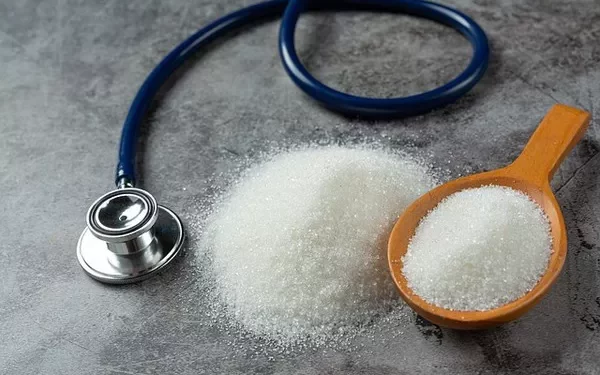As November marks Diabetes Awareness Month, health experts are shedding light on the alarming rates of diabetes and prediabetes in the United States. According to the latest data from the CDC, over 38 million Americans are living with diabetes, with 90-95% of those cases being Type 2 diabetes. In addition, nearly 98 million Americans are diagnosed with prediabetes, a condition where blood sugar levels are higher than normal but not yet at the threshold for a Type 2 diabetes diagnosis.
Dr. Peminda Cabandugama, an endocrinologist at the Cleveland Clinic, emphasizes that the rise in diabetes is not only a concern in the U.S. but a global issue, compounded by the ongoing obesity epidemic. “It’s an eye-opener, especially when you link it to the obesity pandemic we are seeing across the world,” said Dr. Cabandugama. “There’s still much work to be done in this space.”
Prediabetes, if left unchecked, can progress into Type 2 diabetes, leading to serious health complications, including heart disease, kidney failure, stroke, vision loss, and nerve damage. Although Type 2 diabetes cannot be cured, the good news is that prediabetes can be reversed.
Dr. Cabandugama advocates for lifestyle changes as the primary strategy for reversing prediabetes. “Eating a healthy diet, exercising regularly, and addressing factors like stress and sleep are key,” he explained. He also noted that modern life, marked by increased stress, poor sleep habits, and sedentary behavior—especially post-COVID—has contributed to the rise in chronic diseases, including prediabetes, obesity, high blood pressure, and high cholesterol.
Prediabetes can be detected through a blood test, but because symptoms are often subtle or nonexistent, regular checkups are crucial for early diagnosis and prevention.
By taking proactive steps towards a healthier lifestyle, individuals can significantly reduce their risk of developing Type 2 diabetes and improve their overall health.
Related topics:
Innovative Stem Cell Treatment Offers Hope for Type 1 Diabetes
Confronting Diabetes Myths: A Call for Awareness and Understanding
Addressing Diabetes Disparities: The Role of Exercise in Indigenous Health



























